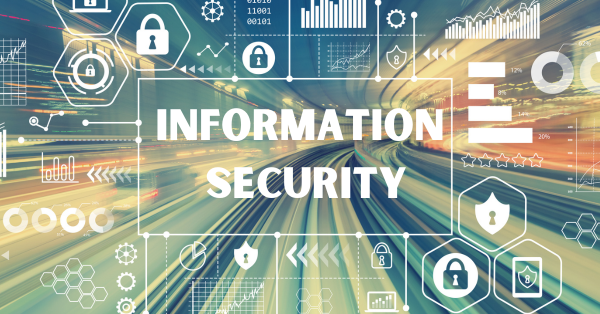Stop Compromising Security for Convenience

Until now, designing for convenience and security was a zero-sum game. Increasing convenience meant decreasing security. Think of websites that allow users to use weak passwords -- it may be easy for the user to remember PASSWORD123, but the same feature results in a serious vulnerability. QWERX has changed the rules. Now both convenience and security can coexist without risk.
At QWERX, we designed our innovative machine authentication protocol with the understanding that hackers are users, too. When it is easy for legitimate users to use the system, it is also easy for the hackers to enter. One of the most common ways that hackers access a network is by stealing or copying the static certificate on a user's device that tells the network that device is allowed to enter. Users may not be aware of it, but they are tasked with safeguarding this certificate. Just one enterprise user who fails to practice continuous cyber hygiene can open the door to a massive network breach.
Our founders were determined to eliminate this human vulnerability factor by designing a machine authentication protocol that does not rely on users to keep it secure. The solution eliminates the asset that can be stolen (the static credential), so there is nothing for user to protect. Convenience and ease of use is restored, while unassailable network security is maintained.
When the QWERX Enterprise Secure Perimeter (QESP) is deployed, humans can log into human things, but not digital things. Digital components authenticate to each other dynamically with credentials that are complex, chaotic, change every few seconds or even multiple times a second, are never exchanged or stored and cannot be calculated--even with a quantum computer.
QWERX machine identity authentication does not require humans to protect their device's static certificate, so there is nothing for an attacker to get from targeting a human user—no more phishing. Humans can keep their convenience, because they have been removed from the digital security system and cannot compromise it.


